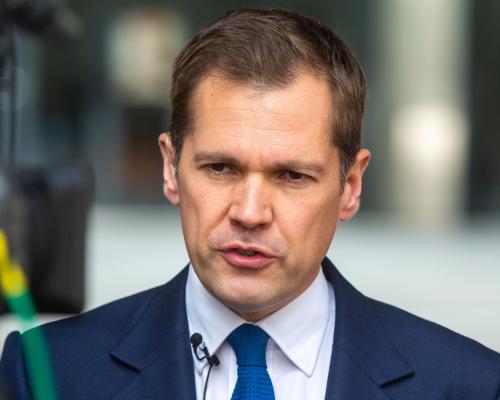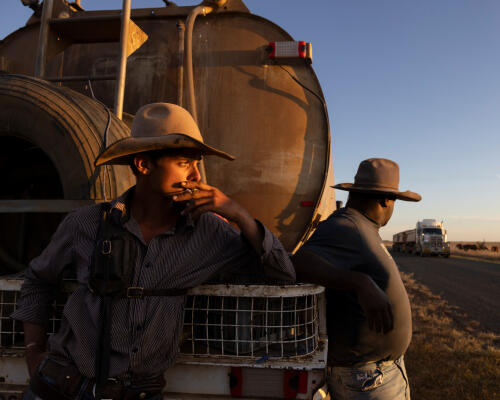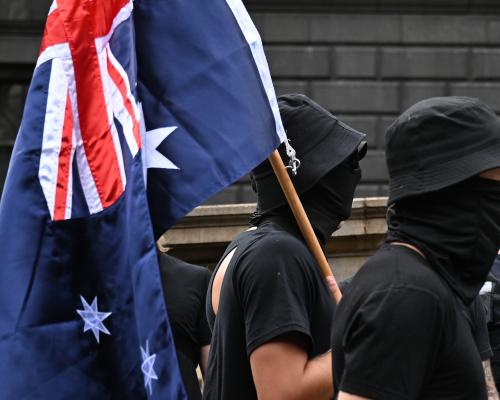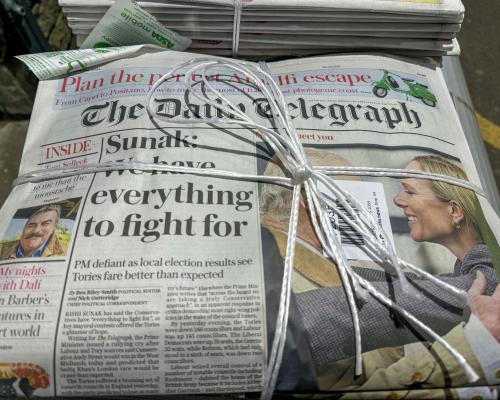
The BBC has apologised and retrospectively edited a segment of Radio 4’s Thought for the Day after the head of a refugee foundation described comments by Robert Jenrick about asylum seekers as “xenophobia”.
The remarks by Krish Kandiah, a theologian who heads the Sanctuary Foundation, prompted an angry response from Jenrick, the shadow justice secretary. The BBC said it had removed “some of the language used” by Kandiah from a version posted online, saying it was not appropriate for the faith-based radio segment.
However, Alf Dubs, a Labour peer who came to the UK as a child refugee, said he believed xenophobia was an accurate description of Jenrick’s comments in the Mail on Sunday last weekend in which Jenrick said the arrival of asylum seekers on small boats made him fear for his daughters’ safety and that he would not want them as neighbours.
Speaking on Wednesday’s episode of the Today programme, Kandiah quoted from the Mail on Sunday. “[Jenrick] said: ‘I certainly don’t want my children to share a neighbourhood with men from backward countries who broke into Britain illegally, and about whom we know next to nothing.’ These words echo a fear many have absorbed. Fear of the stranger. The technical name for this is xenophobia.”
He said such fears were irrational and that most arrivals on small boats were fleeing “war, persecution and famine”.
Kandiah argued there was no evidence that migrants posed a greater danger to children than others, noting that most offences against children were committed by people they already knew.
While the segment was cleared in advance, it is understood that BBC staff decided to review the programme and edit the language without being prompted by an external complaint. The corporation then apologised to Jenrick.
In his Mail on Sunday article, Jenrick listed a series of crimes, including sexual offences, in which the suspects were migrants, saying: “It’s no wonder fair-minded people are furious.”
He wrote: “When I see these stories, I can’t help but think that it could have been one of my three young daughters. I certainly don’t want my children to share a neighbourhood with immigrant men with backward views who broke into Britain illegally, and about whom we know next to nothing. And I don’t want anyone else’s family to have this forced on them either.”
He added: “My eldest daughter is 14 and already I worry about her safety as she starts to do things independently. It’s challenging enough without this to contend with.”
Shortly after Thought for the Day was broadcast, Jenrick posted on X: “On BBC Radio 4 this morning listeners were told that if you’re concerned about the threat of illegal migrants to your kids, you’re racist. Wrong. You’re a good parent.”
Kandiah is understood not to have been banned by the BBC from returning on the show. It is believed that his intention was to make inclusive points about community cohesion and welcoming the stranger and that he is distressed about the row.
A BBC statement said of the item: “While its reflection on fear in society from a faith perspective is broadly in line with expectations of Thought for the Day, some of the language it used went beyond that and we apologise for its inclusion.”
Items for Thought For The Day are approved by two BBC staff, the producer working on the item and someone else more senior, although the latter group can be very busy, with decisions potentially delegated. Contributors accept that they should avoid party political points.
Tina Beattie, a Catholic theologian and fellow Thought for the Day contributor, said she agreed with Kandiah’s comments “but perhaps it would have been wise to avoid referring to a particular politician. Sometimes, one can trust people to make the connections without naming names.”
She added: “Thought for the Day presenters have to tread a narrow tightrope. As the only slot on the Today programme with no right of reply, it’s vital to maintain balance and to avoid partisan politics, while trying not to be banal or platitudinous.
“It takes many hours to produce the short script, working with producers who in my experience are highly professional and understand the boundaries and restrictions around what can and can’t be said.”
Lord Dubs, who came to the UK from Prague, said: “I think anything that encourages hostility and is undermining mutual respect, undermining compassion, is xenophobic in its intent and xenophobic in its consequences. And that’s not the sort of thing we would expect a senior politician in the Tory party to be talking about.
“I think it’s a shabby comment and it’s very dangerous, because what it does do is to lessen the likelihood of local communities being supportive of refugees.”
The row comes amid rising tensions over asylum accommodation, with protests held outside hotels housing migrants and refugees. There were demonstrations in Epping, Essex, after an Ethiopian asylum seeker was charged with a sexual offence against a schoolgirl.
Additional reporting by Harriet Sherwood





